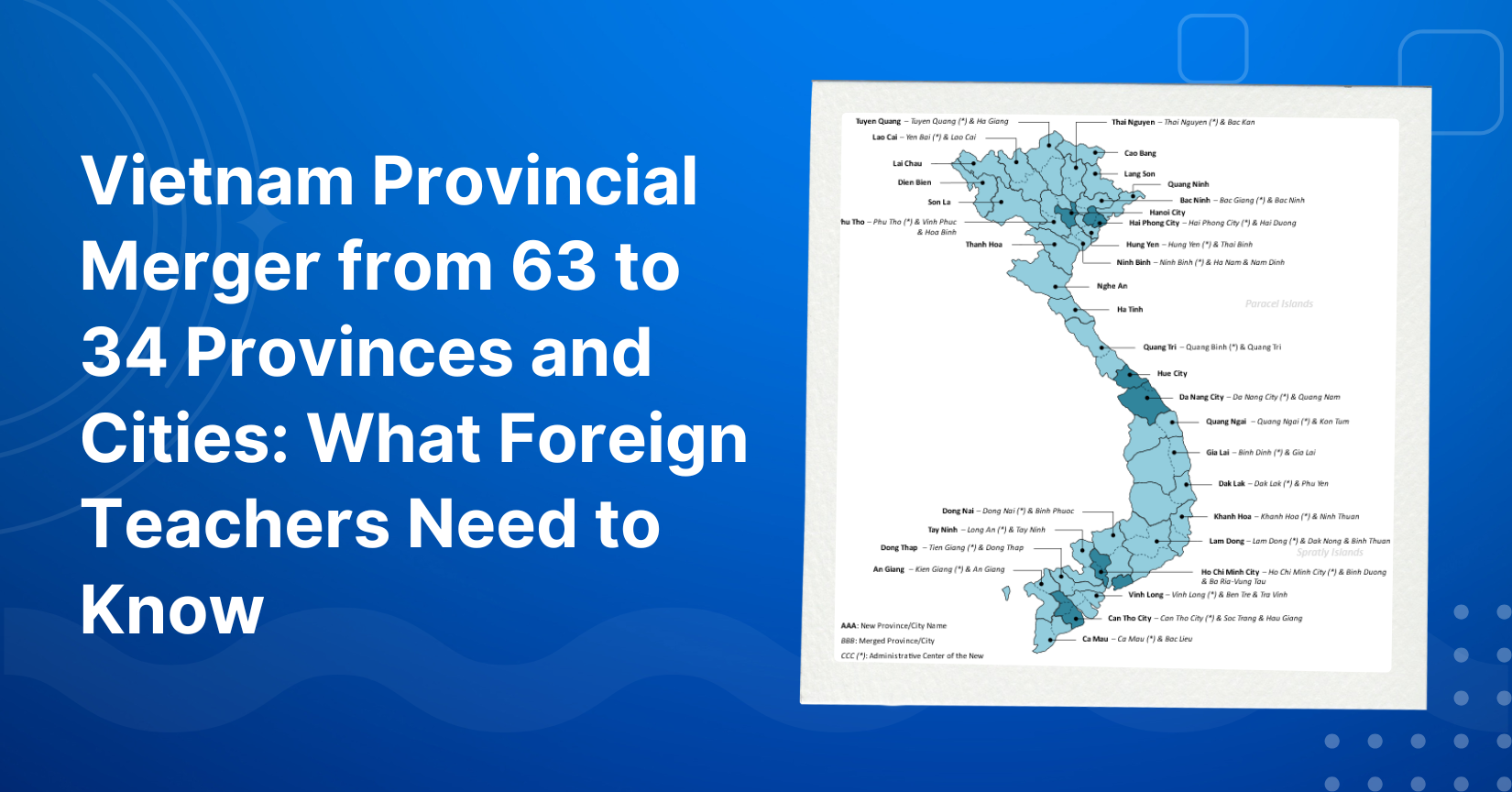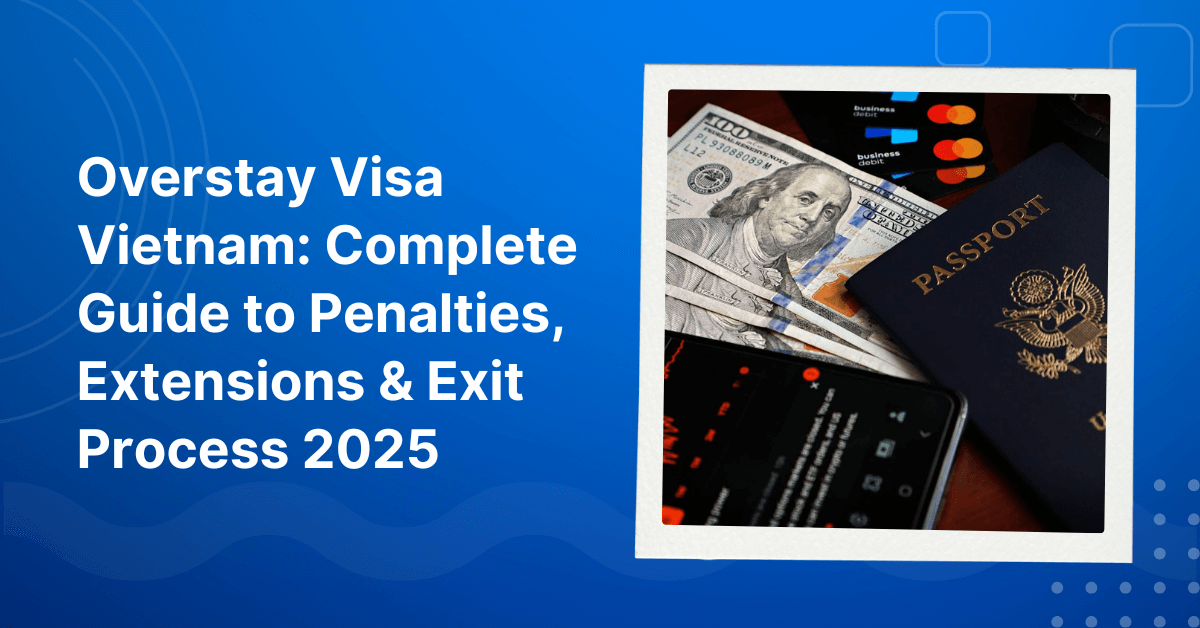As an expat living and working in Vietnam, there are many types of taxes you should be aware of that you may have to pay. It’s important to understand the different types of tax in Vietnam you may have to pay, so you can plan ahead and ensure you are compliant. Let’s learn about different types of taxes for expats in Vietnam with Vietnam Teaching Jobs in the article below!
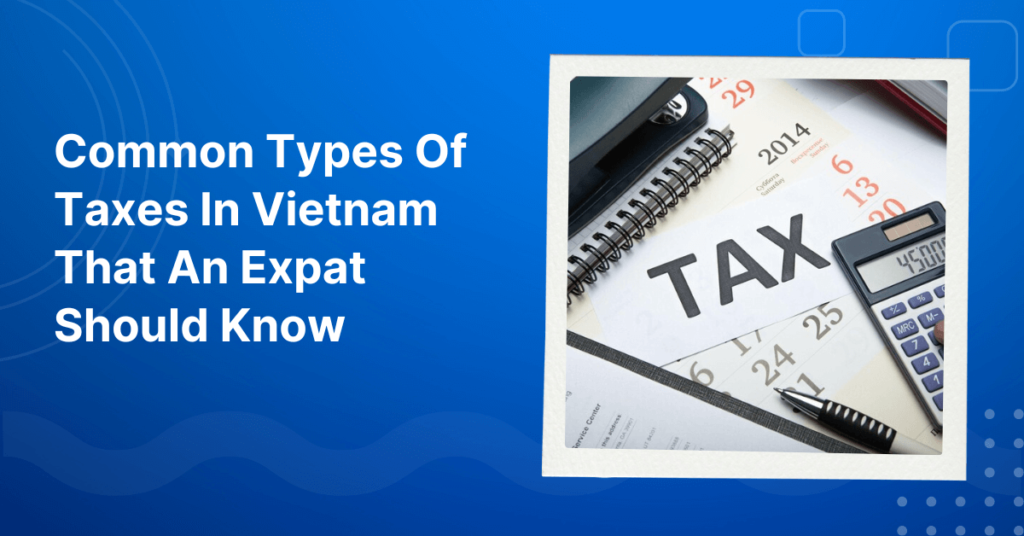
Why do expats have to pay taxes in Vietnam?
Expats have to pay different types of taxes in Vietnam as per Vietnam’s laws and regulations. Tax obligations for expats include personal income tax, corporate income tax, value-added tax (VAT), and other taxes. The taxes are applied to income earned from Vietnamese sources, including wages, salaries, and business activities. By paying taxes, expats are contributing to the development of Vietnam’s economy, which helps to improve the quality of life for everyone.
What documents do expats need to pay taxes in Vietnam?
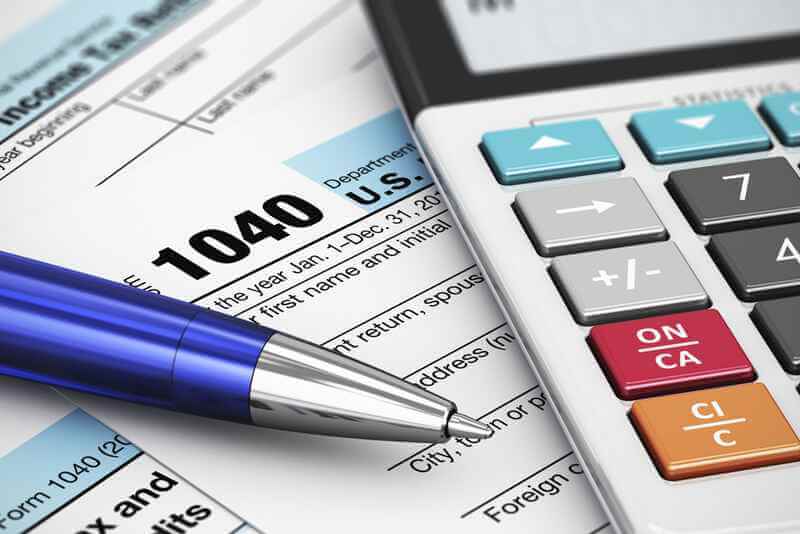
Expats living and working in Vietnam need to obtain a Temporary Residence Card and register with the local tax office. With these documents, they will need to provide evidence of income, such as wage slips, employment contracts, invoices, and receipts. Additionally, they will need to provide a Vietnamese bank account or details of an overseas bank account, as well as a valid passport and identification documents.
Where can expats go to pay taxes in Vietnam?
Expats can go to the local Tax Authority Office in the district where they are residing to pay taxes in Vietnam.
Types of taxes expats have to pay in Vietnam
Income Tax
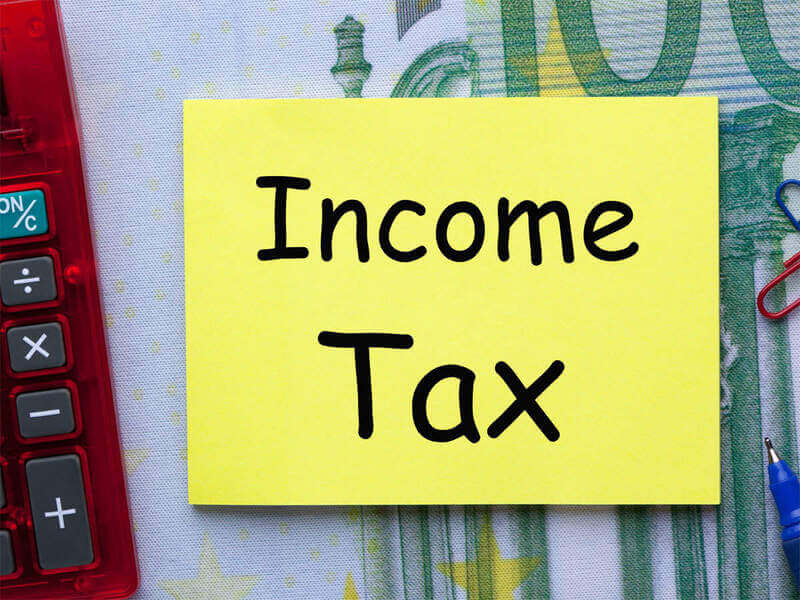
Income tax is the most common type of tax expats have to pay in Vietnam. The amount of income tax you have to pay is determined by your tax residency status which is based on the amount of time you spend in the country. If you are a resident in Vietnam, you are liable to pay income tax on all your worldwide income, however if you are a non-resident, you only have to pay tax on income earned in Vietnam.
The income tax rate for residents of Vietnam is progressive, with rates ranging from 5% to 35%. For non-residents, the rate is 20%. There are a number of deductions and exemptions available for both residents and non-residents, so it’s important to familiarise yourself with these to ensure you are not paying more tax than you have to.
Discover: Salary Calculator
Value-Added Tax (VAT)
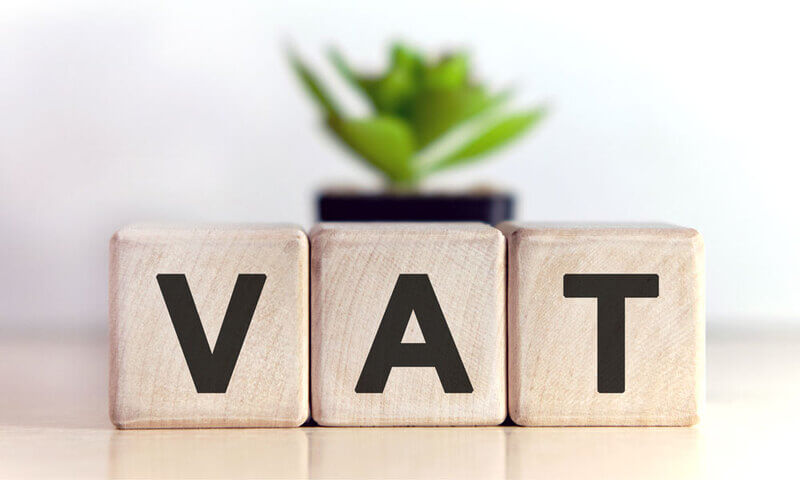
Value-Added Tax (VAT) is a form of indirect tax on the sale of goods and services in Vietnam. As an expat, you may have to pay VAT on some purchases, such as food, clothing and entertainment. The standard rate of VAT is 10%, however, there are some exemptions, such as food and medical expenses.
Social Insurance and Health Insurance

As an expat working in Vietnam, you are required by law to make social insurance and health insurance contributions. The social insurance contribution rate is 10-20%, and the health insurance contribution rate is 3-4%. Both contributions are paid by the employer, and the amount is based on the employee’s salary.
Property Tax
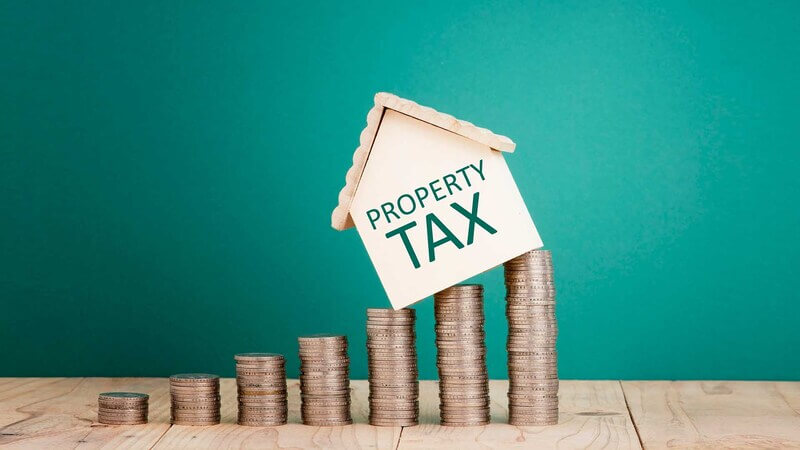
Property tax is a tax on the ownership of the real estate in Vietnam. The tax rate is 0.5-2% of the property value and is payable by the owner of the property.
Explore More: Tax refund at Vietnam airport: frequently asked questions
How do expats calculate tax amounts based on their salary in Vietnam?
Expats in Vietnam are subject to tax based on their salary. The tax rate for expats is the same as for Vietnamese citizens, with a progressive tax rate of 5% to 35%. To calculate an expat’s tax amount, they must first determine their taxable income. Taxable income includes all forms of income from any source, such as wages, investments, and business income.
Once the taxable income is determined, the expat can use Vietnam’s tax brackets to calculate the amount of tax owed. The tax brackets for individuals range from 5% to 35%. For example, taxable income up to VND 9,000,000 is taxed at a rate of 5%, while taxable income over VND 90,000,000 is taxed at a rate of 35%. After the tax rate is determined, the expat can multiply their taxable income by the tax rate to calculate their tax amount.
Related Guides: Personal income tax calculation
As an expat working and living in Vietnam, it’s important to familiarize yourself with the different types of tax you may have to pay. This will ensure you stay compliant.


